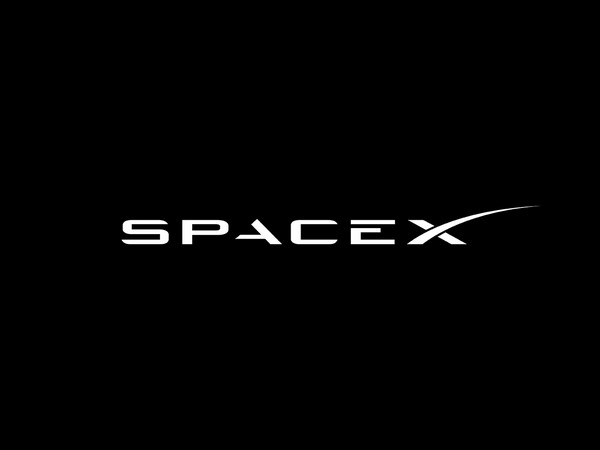Science News Roundup: German SpaceX rival Isar raises $168 million, bolstering launch plans; Intriguing moon water source found in glass beads from impacts and more
Following is a summary of current science news briefs. German SpaceX rival Isar raises $168 million, bolstering launch plans German rocket manufacturer Isar Aerospace raised 155 million euros ($167.57 million) in a new financing round that will help it make progress towards its first launch planned in the second half of the year, the Munich-based company said on Tuesday.

Following is a summary of current science news briefs.
German SpaceX rival Isar raises $168 million, bolstering launch plans
German rocket manufacturer Isar Aerospace raised 155 million euros ($167.57 million) in a new financing round that will help it make progress towards its first launch planned in the second half of the year, the Munich-based company said on Tuesday. Among the investors is German carmaker Porsche SE, which will join the supervisory board along with HV Capital, said the company.
Intriguing moon water source found in glass beads from impacts
Glass beads spawned in violent impacts from space rocks on the lunar surface have been found to have water trapped inside, offering what scientists describe as a potential reservoir of this precious resource for future human activities on the moon. Scientists said on Monday an analysis of lunar soil samples retrieved in 2020 during China's robotic Chang'e-5 mission showed that these spheres of glass - rock melted and cooled - created in the impacts bore within them water molecules formed through the action of the solar wind on the moon's surface.
Damaged Russian Soyuz capsule lands back on Earth from space station
A damaged Russian Soyuz MS-22 capsule landed back on Earth on Tuesday, three months after coolant began leaking from the craft while it was docked at the International Space Station (ISS). The module completed the almost two-hour return from the ISS without a crew, landing in the Kazakh steppe on Tuesday afternoon, a few hundred kilometres from the Baikonur cosmodrome, home to Russia's space launches.
(With inputs from agencies.)









